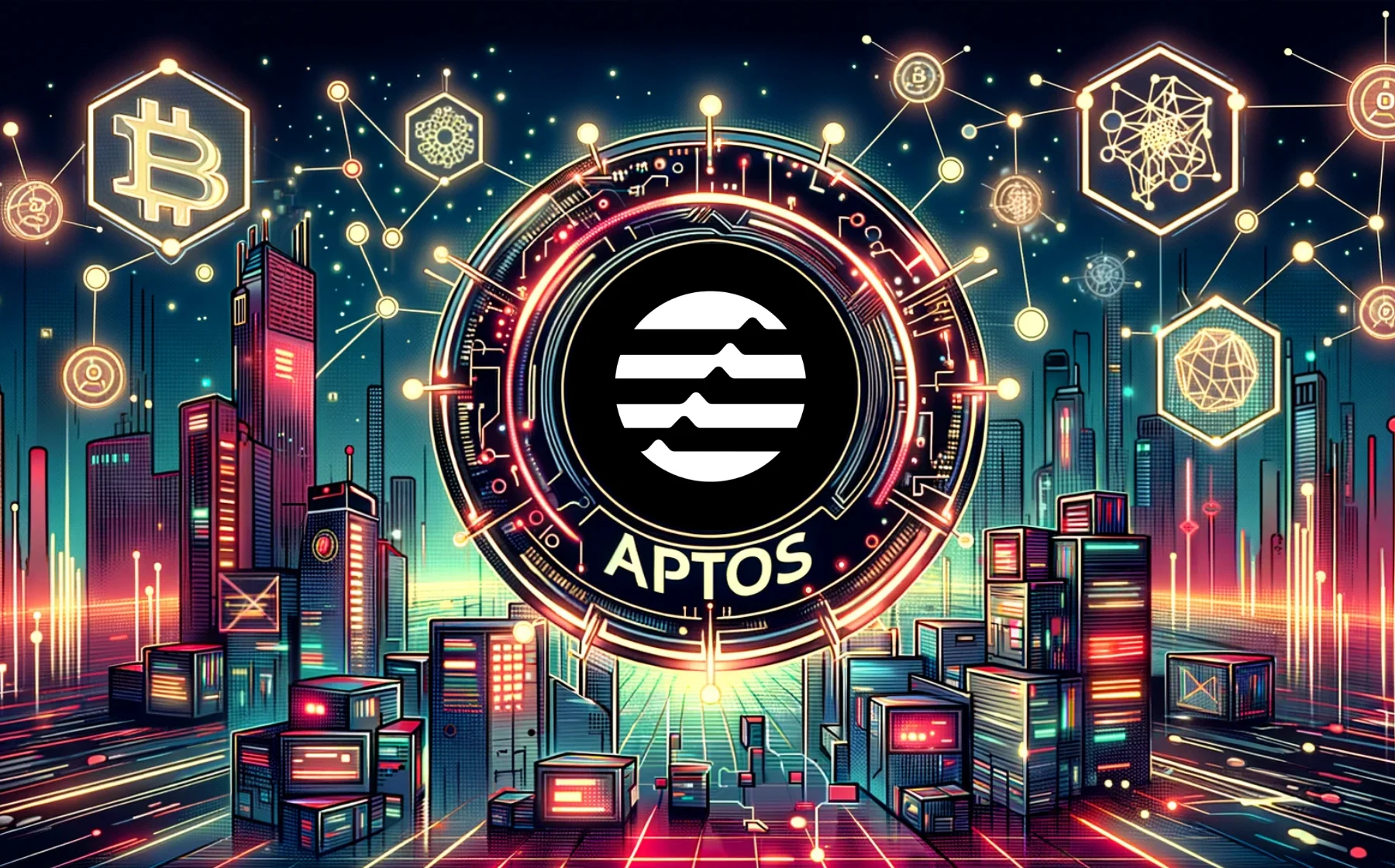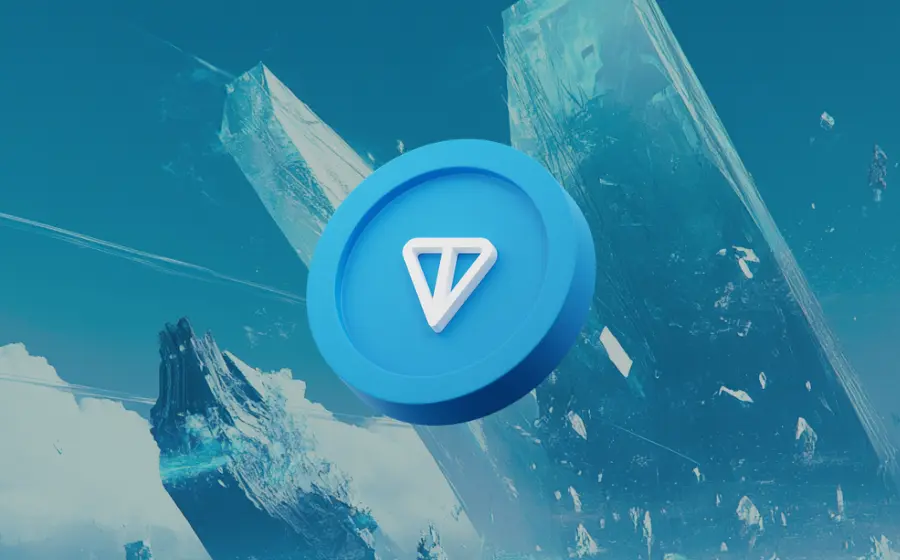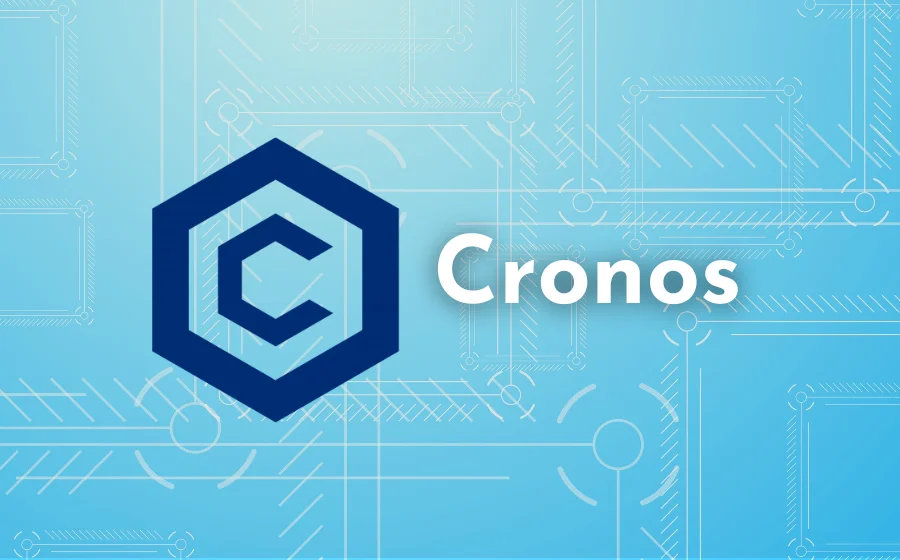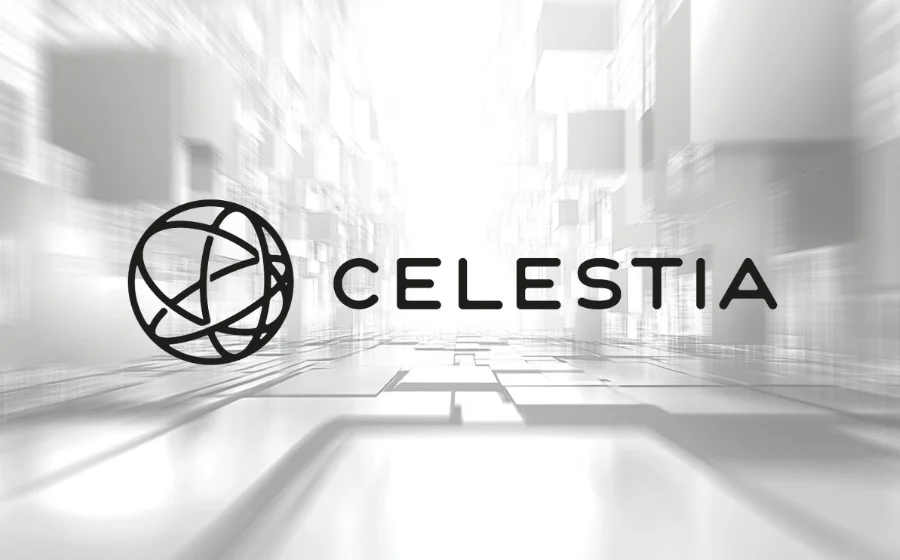
KEYTAKEAWAYS
- Aptos is an emerging public blockchain developed by former engineers of Facebook's Diem project, using the Move programming language for enhanced security and scalability.
- APT tokens are used for transaction fees, governance, and security, enabling developers to create decentralized applications and cryptocurrencies on the Aptos platform.
- Challenges for Aptos include meeting mainnet performance expectations, attracting leading projects, and managing overvaluation and excessive token speculation.

CONTENT
Aptos (APT) is a scalable L1 blockchain developed by former Meta engineers. It uses the Move language for secure smart contracts and aims for rapid transaction processing and frequent upgrades.
Aptos is an L1 blockchain project developed by former engineers of Facebook’s Diem project. This blockchain uses a Proof of Stake (PoS) consensus mechanism, positioning Aptos alongside other prominent blockchains such as Bitcoin, Ethereum, and Cardano. The main value proposition of the network is its scalability, claiming the ability to handle 10,000 TPS, with aspirations to reach 100,000 TPS.
One of Aptos‘s standout features is its adoption of a new programming language called Move. Originally designed for the Diem project, Move focuses on blockchain security, scalability, and upgradeability.
Developers can use the Move programming language to write their own smart contracts. This language ensures that smart contracts can be executed safely and quickly. The network’s high transaction throughput is possible because transactions are processed in parallel, allowing for rapid transaction processing.
The project’s goals were outlined in detail in their initial Medium article. Aptos was officially launched on February 24, 2022. The long-term goals of the project are:
- To serve as a Layer 1 blockchain for various users.
- To commit to complete security and scalable architecture.
- To provide equal and universal access to decentralized assets for billions of people.
>>> More to read : What is Cardano (ADA)?
WHAT CAN APTOS (APT) BE USED FOR?
Aptos supports the development of smart contracts, enabling developers to create their own decentralized applications (dApps) on the Aptos blockchain. Additionally, developers can develop and run cryptocurrencies on Aptos.
This makes Aptos a valuable blockchain for developers while also being significant for end-users.
Aptos claims that these end-users will be able to use applications securely, quickly, and at a low cost.
APT is the native token of the Aptos platform.
- Uses of APT Tokens
1. Transaction and Network Fees:
APT tokens are used to pay for transactions and network fees on the Aptos platform. Every transaction on the network incurs a fee, which is specified in Aptos tokens. Validators have the opportunity to prioritize the most valuable transactions on the Aptos network and discard less valuable ones. Even under full load, the blockchain can still operate efficiently. Ultimately, network fees are deployed to ensure that the cost of using Aptos aligns with the costs of deploying hardware, maintenance, and node operations.
2. Governance and Security:
APT tokens can be used for governance voting on protocol upgrades and on-chain/off-chain processes. They also secure the blockchain through a proof-of-stake model. Validators holding the minimum required amount of staked APT tokens can participate in transaction validation on the Aptos blockchain. As validators, they can determine the distribution of rewards between themselves and their respective stakeholders. Stakers, on the other hand, can choose any number of validators to stake their tokens with and receive a pre-agreed reward distribution. Rewards are distributed to validators and stakers at the end of each epoch.
Currently, the maximum reward rate for stakers is 7% per year, and this amount is assessed every epoch. However, the maximum staking reward will decrease by 1.5% each year until it reaches 3.25% per year. Nonetheless, all reward amounts and mechanisms can be altered through governance voting.
- Aptos Token Economics
According to Aptos, the total supply of APT tokens is 1,000,000,000. Out of these 1 billion APT tokens, 130 million were in circulation at the mainnet launch on October 17, 2022. The number of tokens in circulation will continue to increase over the coming years. The distribution of APT tokens is as follows:
- 51.02% allocated to the community
- 19% for the team, advisors, and private investors
- 16.5% for the foundation
- 13.48% for investors
FEATURES AND ADVANTAGES OF APTOS (APT)
- Meta Connection
Aptos, Sui, and Linera are often discussed together because the co-founders of these projects have experience working on projects at Meta (formerly Facebook).
The Aptos team is composed of the original creators, researchers, designers, and builders of Diem, Meta’s stablecoin project, formerly known as Libra. Libra started in 2019 as a digital currency project aimed at facilitating payments. Due to regulatory challenges, it transformed into a stablecoin project and was renamed Diem. However, it never fully launched as intended.
The background of the Aptos team with Diem is one of the reasons the project has garnered attention.
- Move Language
Theoretically, by using the Move language, Aptos can achieve high transaction throughput and scalability without compromising security. Move is inspired by Rust and was developed specifically for creating Diem. It differs from Ethereum’s Solidity programming language, which primarily addresses the difficulty of writing smart contracts on Bitcoin. Solidity treats tokens as values, which can lead to security issues such as the creation or disappearance of assets.
In contrast, Move is designed as a language for on-chain assets, treating tokens as resources. This approach ensures tokens are securely stored and transferred, as they must be tied to an account and used immediately when withdrawn. Move modules define the lifespan, storage, and access patterns for each resource, ensuring that tokens cannot be duplicated or used without proper credentials. Projects currently using Move include Aptos, Sui, Starcoin, and 0L Network.
- Enhanced Account Management
Aptos’s data model supports flexible key management and hybrid custody options, providing a more secure and reliable user experience. The decoupling of accounts from keys allows Aptos to seamlessly add new digital signature algorithms and support various public and private key types. Aptos also limits transaction feasibility and protects signers from indefinite validity through sequence numbers, expiration times, and chain IDs.
- Support for Frequent Upgrades
Aptos has a history of upgradeability, with every aspect of the system designed for modularity and flexibility. This enables the Aptos architecture to support frequent upgrades, allowing the blockchain to quickly adopt the latest technological advancements and support emerging use cases. The modular design provides client flexibility and is optimized for zero-downtime upgrades, demonstrated through mainnet iterations, testnets, and numerous internal stress tests. Aptos includes an embedded on-chain change management protocol for rapid deployment of new innovations and support for new Web3 use cases.
>>> More to read : Exploring SUI A Revolutionary Cryptocurrency
FAQ
- What is Aptos (APT)?
Aptos is an emerging public blockchain developed by a team from Meta, Facebook’s parent company, since its launch in October 2022, and APT is the native token of the Aptos platform.
- What are Challenges Faced by Aptos (APT) in the Future?
- Mainnet Performance Falling Short of Expectations
- Lack of Leading Projects
- Overvaluation and Excessive Token Speculation
▶ Buy Crypto at Bitget
ꚰ CoinRank x Bitget – Sign up & Trade to get $20!


















